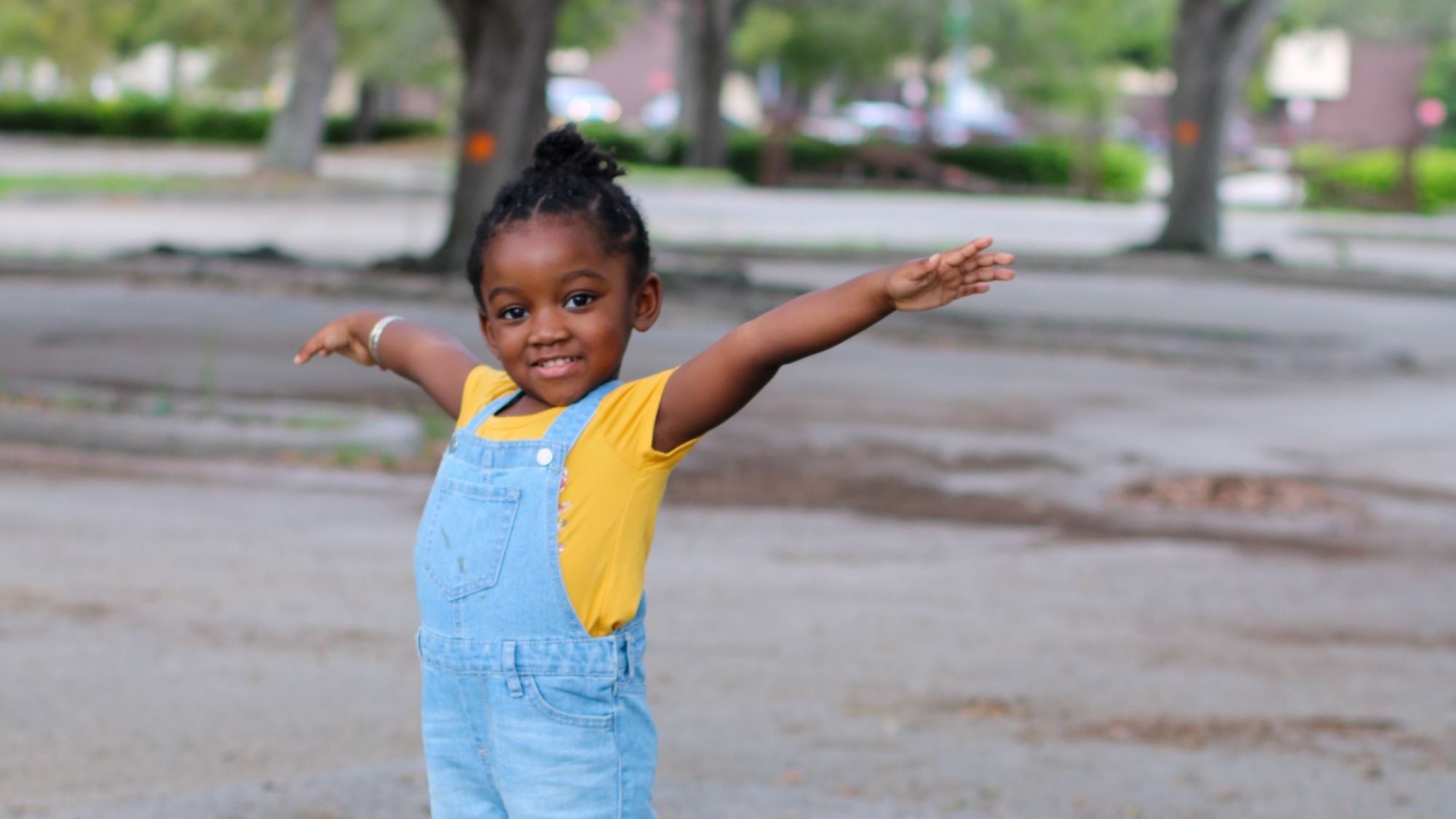4 Ways to Turn Failure into Growth in Your Child’s Life

Photo by Kindred Hues Photography on Unsplash
Disclosure: This post may contain affiliate links, meaning Beautiful Christian Life LLC may get a commission if you decide to make a purchase through its links, at no cost to you.
There are many hard and difficult things about parenting. Potty training, for starters. The candy aisle at the grocery store. Watching your child suffer from illness. Early adolescence. I could go on.
One area of parenting hits me right in the heart. It’s painful to watch and hard to endure. It reminds me of my own heart and my own weak flesh, but it’s part of life and something through which our children need us to disciple them. What is it? Failure.
We have all failed at something in our life.
Perhaps we didn’t make the team we tried out for. Maybe we studied hard for a test and failed. Many of us know what it’s like not to get a job or promotion we wanted. Perhaps a ministry we created crashed and burned, or a dream we long hoped for never came to fruition. In one way or another, we all know what it’s like to fail.
How we respond to and handle failure is crucial; and that’s where our children need our help and counsel, because they will experience failure in life. It may look different than the failures we’ve experienced. Some of the failures our children experience may seem small, but their response to failure now, as children, will help them when they face bigger failures in the future. For example, helping our children learn through failing a test now will help prepare them when they fail to get the job they want in the future. Here are four ways to disciple your children through their failures:
1. Teach your children to lament their failures.
Failure is disappointing. It hurts. Our children may be frustrated with themselves, maybe even angry. They may be sad that they didn’t achieve the thing for which they worked so hard. As parents we ought to expect our children to have an emotional response to failure. Having emotional responses is part of being human. We need to listen to those emotional responses and respond in understanding and empathy. We also need to help our children learn what to dowith those emotions.
The Bible teaches us to come to God with our emotions. We need to help our children learn to cry out to God in lament. We can model it for them by praying out loud, telling God about the disappointment, sadness, anger, or other feelings associated with a failure. We ask God to be with our children and help them work through it, to be their comfort and peace. We also praise God for who he is and what he has done, acknowledging that he knows and rules over all things. We encourage our children to lament to God on their own as well.
2. Remind your children why we fail.
When our children fail at something, it’s a good opportunity to remind them that no one is perfect. Humans are limited and finite. We make mistakes. We forget things. We don’t always get a perfect score. We can affirm the longing they have for perfection because we all have that feeling that things are not as they should be. We can remind our children about the Fall of man and what happened to our first parents. We can also point forward to eternity when all things will be made right.
3. Help your children learn from their failures.
There are always lessons to be learned in failure. Often, after a failure has first happened, it’s not the time to teach those lessons. But after their emotions have settled down and they are ready to talk about it, we can help our children think through what happened and consider what they learned from it. Perhaps failing a test reveals a need to study more or study in a different way. Perhaps not making the team means more practice is required. There may also be some lessons to learn about perfectionism, idolatry, and dependence upon God in all things.
4. Point your children to Christ who never failed.
Above all, we need to point our children to Christ who was perfect for them. He never failed. He lived the life we could not live and died the death we deserved. When God looks at us, he doesn’t see our sin but sees Christ’s righteousness. Though we may fail, Christ never will. He will be for us what we can’t be for ourselves.
Failure is a part of life. It’s hard for all of us, but it’s important that we help our children learn and grow through it. They will fail at things, and we need to teach them to fail well.
This article is adapted from “Discipling Our Children Through Their Failures” at christinafox.com and was originally published at Beautiful Christian Life on January 16, 2019.
Related Articles:
- Welcome Interruptions: The Discipline of Instructing Your Children
- One Tip for Getting Your Children to Pay Attention in Church
- The Power of Habit in Teaching Our Children About God
- 4 Practices for Being Faithful Stewards of Little Eternal Beings
- Biblical Fathering: On Being Flexible
Recommended:
Idols of a Mother’s Heart (Focus for Women) by Christina Fox
